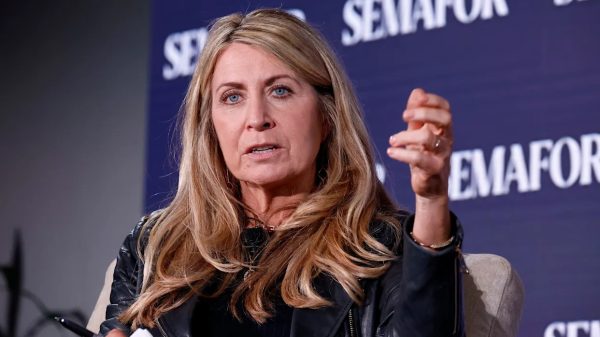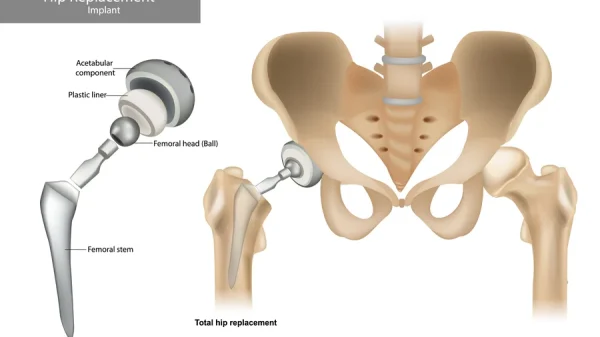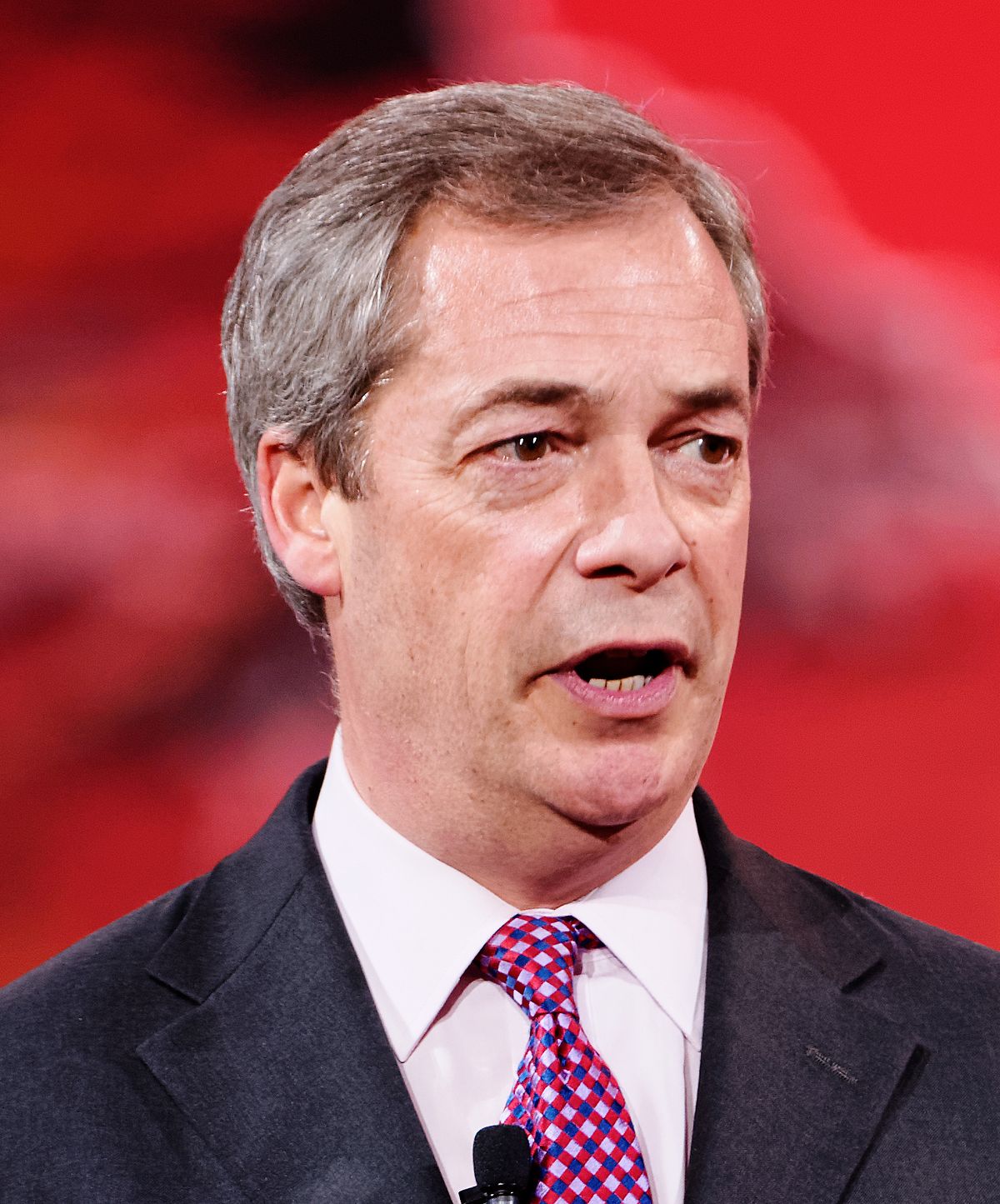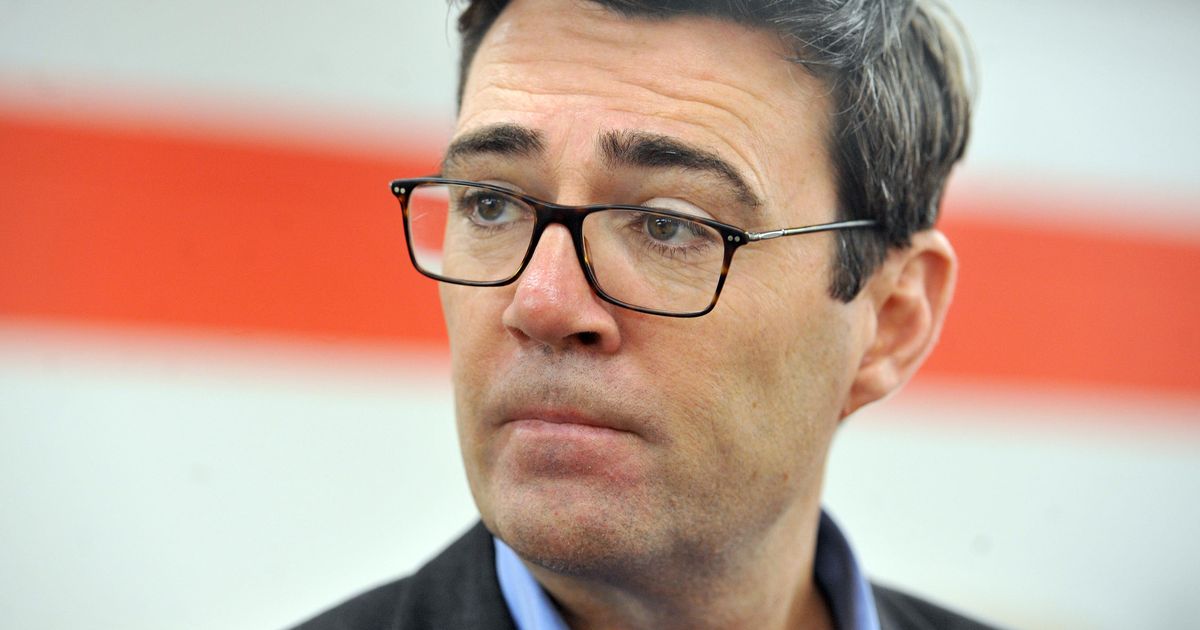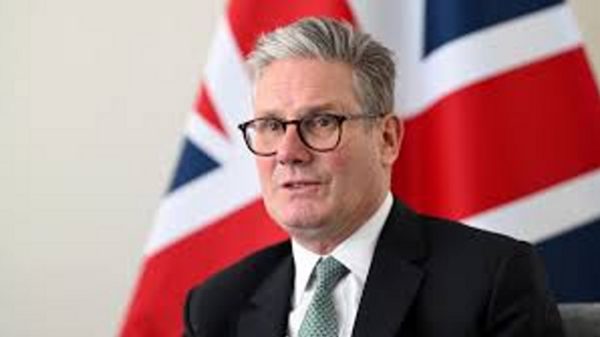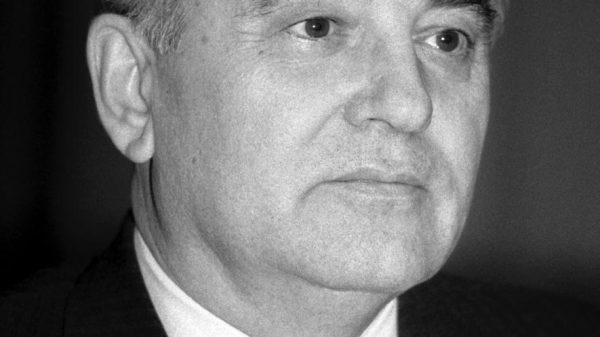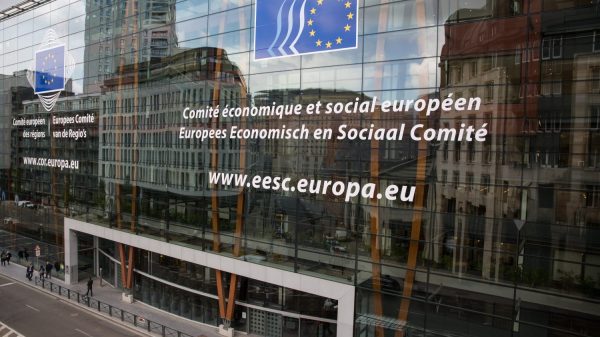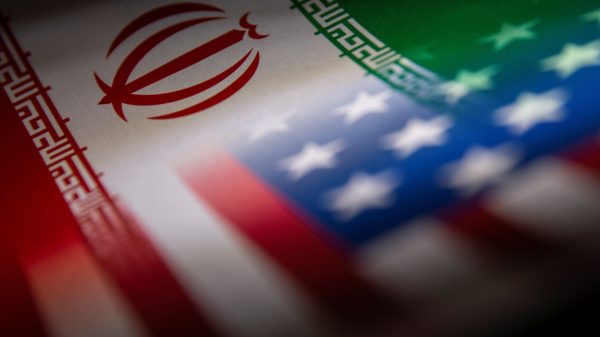In 2023, Nigel Farage lit the fuse on one of the most explosive banking stories in years. Coutts, the private bank owned by NatWest, had shut down his accounts, not for financial reasons, but because, in internal documents, he was deemed not to align with the bank’s values. It was a chilling example of “debanking” The silent cancellation of financial services without due process through obscure backroom decision-making.
The backlash was swift. NatWest’s CEO Dame Alison Rose resigned, regulators got involved, and the public was rightly outraged. Regardless of politics, the idea that someone could be locked out of the financial system for their opinions struck a nerve. It raised serious questions about how banks wield their power, and who holds them to account when they get it wrong.
This scandal has put the screws on the sector, dragging more banks into the spotlight. Monzo has been accused of closing customer accounts without explanation, triggering complaints from individuals and small business owners who suddenly find themselves locked out of basic financial services. Monzo says it follows strict compliance rules but as with the Farage and Mackie cases, transparency is often lacking, and the appeals process is murky at best.
So what links Farage and the debanking scandal to a Scottish car dealer from a small city halfway between Dundee and Aberdeen?
Mackie Motors, a Scottish car dealership with nearly 50 years of history in its community of Brechin, is, like Farage, another victim of panicky and abusive corporate behaviour. But this time, there’s been no public apology, and more importantly, no accountability.
In a claim detailed in a recent press release, The owner of Mackie Motors, Kevin Mackie, alleges that senior executives at RCI Bank (the finance arm of Renault and Nissan, now called Mobilize Financial Services) colluded with the car manufacturers to strip the business of its franchise agreements, effectively ending the business.
The reason for doing this? A single news story originating from outside of the UK falsely suspecting a business partner of Mackie’s former wife of being involved in money laundering in 2006. On the basis of this one uncorroborated story, RCI Bank filed a ‘suspicious activity report’ against Kevin Mackie with the National Crime Agency. Despite the NCA declining to investigate, RCI pressed ahead with cutting Mackie Motors off from crucial business operations. Whistleblower reports claim that the Chief Risk Officer of RCI Bank UK, told colleagues to “get this bastard Mackie” during internal discussions.
That language alone is staggering, not just in its hostility, but in the context of someone whose role carries a duty of care. It is emblematic of a culture that sees small businesses not as partners, but as disposable. The legal action claims that RCI then pressured both Nissan and Renault to sever ties with Mackie Motors, despite the business meeting performance targets and having a strong record with customers and the local community. Leaving 75 employees at risk of losing their jobs.
To highlight the sheer incompetence of this entire debacle, RCI Bank told the National Crime Agency that their suspicions had increased because on the basis that Kevin Mackie had supposedly provided new evidence they hadn’t seen before. According to Kevin Mackie this is simply untrue. This supposedly new evidence had already been submitted to RCI analysts six months earlier, with the report clearly setting out the company’s financial structures and loan positions. For RCI to then claim they were unaware of this is not only misleading, but typical of the mishandling and miscommunication that has defined their conduct from the start.
If all of this is true, these car manufacturers are not just unethical, they are vandaling a local business. And while Farage had the platform to fight back, Mackie Motors has had to rely on costly litigation and the support of his local MP to seek justice.
These cases demonstrate the capricious, unaccountable behaviour by financial institutions that believe they can operate with impunity. Farage’s case resulted in a high-profile inquiry and regulatory scrutiny. But for Mackie Motors, the silence has been deafening with RCI refusing to even talk to Mr Mackie.
This isn’t about politics. It’s about power and how it’s exercised behind closed doors. Whether you’re a sitting politician or a car dealer in rural Scotland, no one should be at the mercy of unchecked financial institutions. If Nigel Farage deserved answers, then so does Kevin Mackie.
Banks and their partners hold enormous influence over who can operate in the economy. When that power is abused, it’s not just reputations that are damaged, it is livelihoods, communities, and the principle of fair play. We need the same transparency and public scrutiny for small businesses as we demand for public figures.
If we don’t fix this imbalance, we’re saying loud and clear, only the powerful get protection. Everyone else is on their own.

